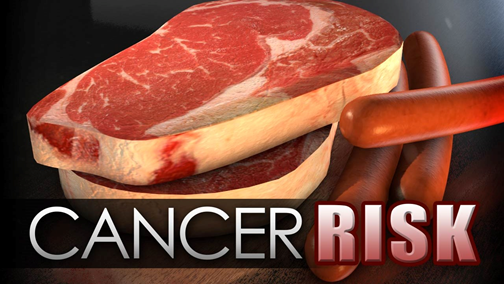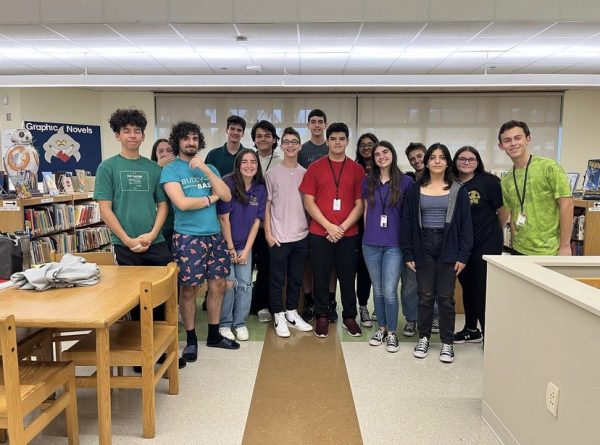Red Meat Causes Cancer, or Does It?

The World Health Organization (WHO) recently released a statement linking the consumption of red meat to cancer. Following that announcement came another claiming that processed meats increased the risk of cancer. But, we’ve also been told that aspartame, food coloring, or anything genetically modified could be the reason why we, potentially, may be diagnosed with cancer down the line. So, what’s the answer?
The blunt truth is that it is not possible to find the one single cause to cancer. With all of its different types and forms, the deadly disease has many different sources and triggers. For example, the red meat/processed meat study’s evidence shows a probable link between high consumptions and the risk of bowel or colon cancer. Those who eat a lot of these meats, especially on a daily basis, are at a higher risk than those who are occasional consumers.
WHO placed processed meats in what they refer to as “Group 1 classification,” or the category of factors with the strongest possible designation, or link to cancerous disease. These meats can be found alongside tobacco and asbestos, demonstrating that they can be extremely hazardous. However, it was additionally explained that “not all substances in the Group 1 classification are equally dangerous,” and that they are classified solely by the amount of evidence they have to back up their claim.
Red meats, on the other hand, were placed in the Group 2 classification, implying that WHO does not have as much proof as it does for the Group 1 foods, but it definitely sees correlation to the disease.
In spite of this, some well-acclaimed proponents in the field do not agree with the statements released. For instance, registered dietician and nutrition scientist, Shalene McNeill argues that the scientific proof offered just isn’t enough to prove the link. After reading the WHO’s study, she informs us that the 22 experts involved did not all agree, and that the findings are solely based on a majority vote.
Not all studies are this confusing and contradictory. More reliable, and quite obvious studies that everyone should be aware of include alcohol’s link to pancreatic, esophageal, and head and neck cancers and the link of cigarettes to lung cancer. Additionally, eating large amounts of fruits and vegetables, as opposed to processed or modified foods, effectively decreases risks of diseases overall, including cancerous ones.
The bottom line of all research referenced is that it is not necessarily about the individual foods that one eats, but the quantity in which they are eaten. Consuming a varied and balanced diet that is relatively low in meats and processed foods and high in fruits and vegetables, lowers one’s risk of disease.
The main issue with these studies is that, taken out of context, they can be extremely misleading and overly frightful to the public. The media’s exaggerations and need for popular publicity makes it absolutely crucial for one to do their own research on these topics, including consulting a reliable doctor if that concerned.














